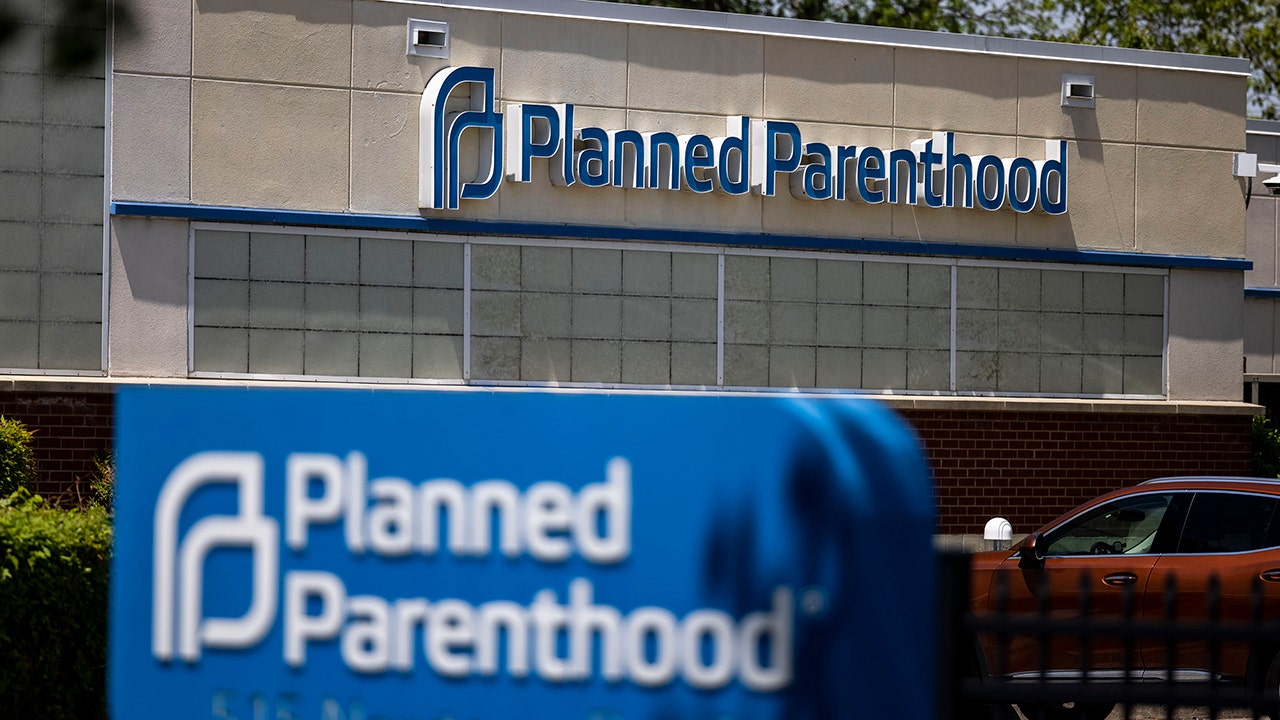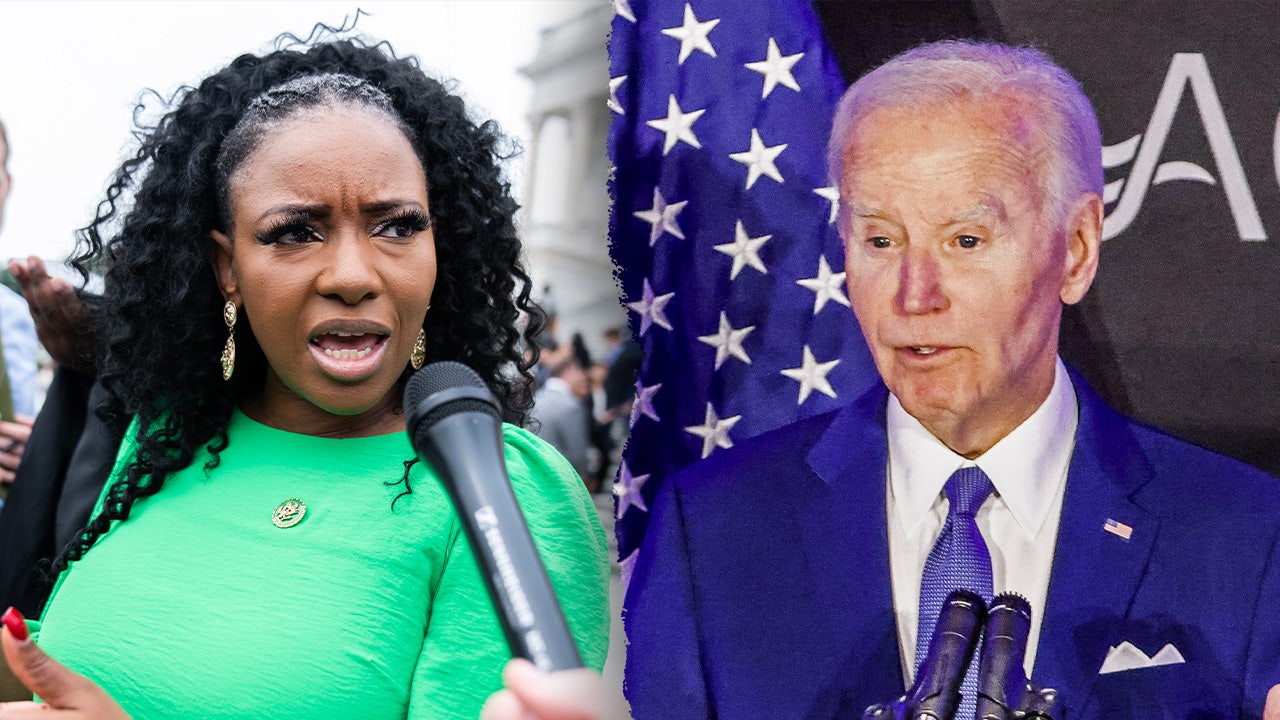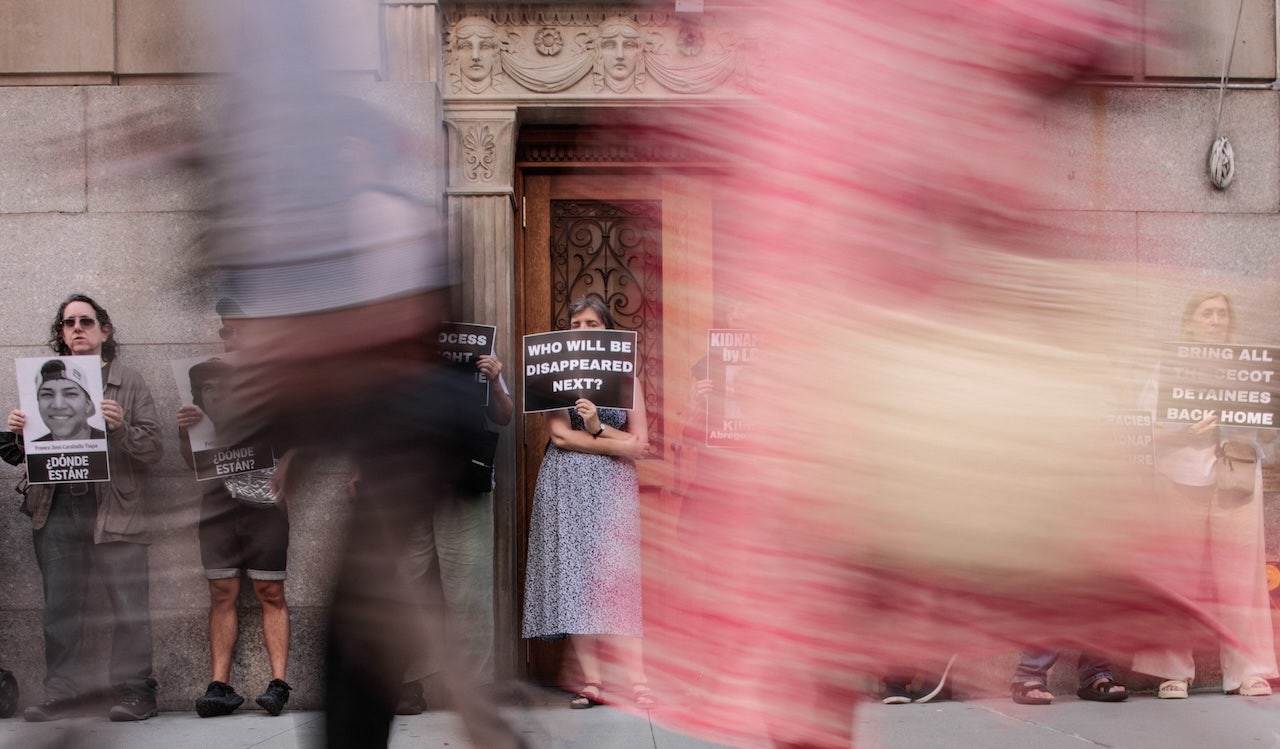Senate provision blocking Medicaid for abortion providers stays in bill

Senate Parliamentarian Elizabeth MacDonough has advised that a provision in President Donald Trump’s budget package, which prohibits Medicaid funds from supporting clinics that provide abortions, can remain in the bill. The provision, initially set to block Medicaid funding for abortion providers for a full 10 years, has been revised to just one year. This decision has been met with mixed reactions, with pro-life advocates celebrating the move and Democrats condemning it as an attack on women’s rights.
Pro-life group Susan B. Anthony Pro-life America’s President, Marjorie Dannenfelser, hailed the decision as a significant victory. She stated, “Taxpayers should never be forced to funnel their hard-earned dollars to Big Abortion. This funding currently hits almost $800 million annually.” On the other hand, Senate Finance Committee Ranking Member Ron Wyden and Senate Budget Committee Ranking Member Jeff Merkley criticized the provision, accusing Republicans of imposing their extremist ideology on the American people.
Planned Parenthood, a major provider of women’s health services, has been at the center of the debate. The organization reported receiving around $792.2 million in taxpayer-funded grants, contracts, and Medicaid reimbursements during the 2023-2024 fiscal year. Republicans argue that this funding indirectly subsidizes abortions, with Planned Parenthood performing approximately 402,000 abortions during that period.
Senator Cindy Hyde-Smith defended the provision during the Senate session, emphasizing the need to protect taxpayers’ dollars by preventing abortion providers from receiving Medicaid funds for one year. She argued that providers could continue to participate in the Medicaid program by refraining from offering elective abortion procedures. Despite opposition, an attempt to strike the provision from the budget package failed in a close vote.
The debate over Medicaid funding for abortion providers underscores the ongoing battle over reproductive rights in the United States. While pro-life advocates view the provision as a step towards protecting human life and taxpayer dollars, opponents argue that it restricts access to essential healthcare services for women. The decision to include this provision in the budget package comes on the heels of a Supreme Court ruling granting states the authority to block Medicaid funding for Planned Parenthood clinics.
Overall, the inclusion of the provision in President Trump’s budget package signals a continued push by Republicans to limit funding for abortion providers. As the debate rages on, the impact of this decision on women’s healthcare and reproductive rights remains a contentious issue in American politics.




